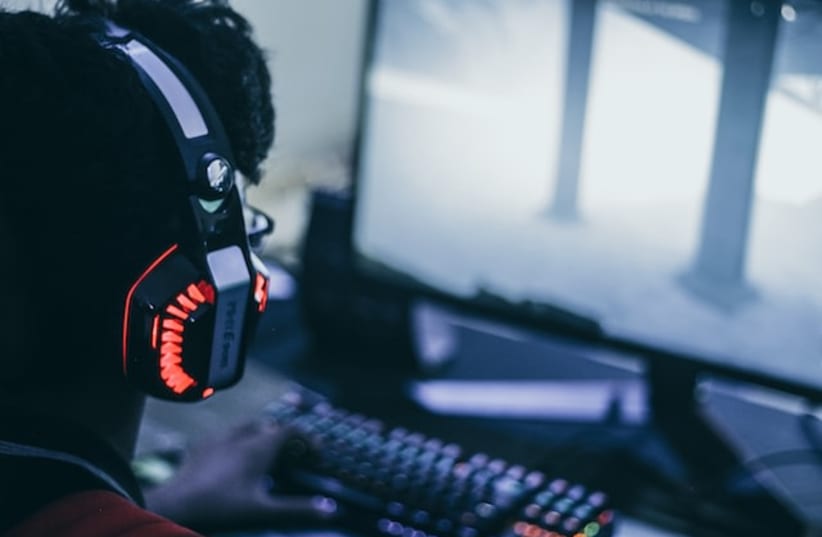Many Israeli university and college students, especially males, are addicted to online gaming, according to new research by researchers from Ben-Gurion University of the Negev (BGU) in Beersheba.
The aim of the cross-sectional study published in a prominent journal was to examine the impact of gaming and gaming disorder on the well-being of Israeli male university students and other adults.
Gaming disorder – a persistent and recurrent gaming activity associated with a lack of control that may be clinically diagnosed was determined using the Internet Gaming Disorder Scale. Survey participants were recruited from gaming associations, clubs and the gaming community using Facebook.
Interest in video games has increased, with approximately three billion people worldwide playing video games and an industry valued at about $300 billion. Although popular mostly among teenagers and young adults, even older adults over 65 years of age engage in this activity.
High-intensity gaming can cause significant impairments of daily, work and education activities. The American Psychiatric Association has suggested that this condition is a "tentative psychiatric disorder requiring further study," although there has already been evidence that it causes psychological distress, stress, depression and anxiety.


How are Israeli students getting addicted to online gaming?
A total of 526 males completed the survey (30.9% university students and 69.1% other young adults). The study found that university students were more likely than non-students to suffer from the disorder, with more burnout, less loneliness, the use of more stimulants like Ritalin, a greater consumption of salt- and/or sugar-loaded foods and lower economic well-being. The levels of resilience –the ability to recover from stress – smoking tobacco, drinking alcohol and weight gain was similar in both groups.
Two-thirds of the respondents in a different, smaller study admitted to engaging in weekly gaming behavior, and among those gamers, more than 20% spent at least 10 hours a week on such activity,
The new study was led by BGU emeritus Prof. Richard Isralowitz, the director of the Regional Alcohol and Drug Abuse Research (RADAR) Center. Isralowitz, a former Fulbright Scholar in Singapore, has been senior adviser to the Ministry of Foreign Affairs for global health program initiatives.
The research paper was published in The International Journal of Environmental Research and Public Health under the title “Gaming Disorder and Psycho-Emotional Wellbeing among Male University Students.” The second author of the paper is Shai-li Romem Porat, an undergraduate BA student working at the RADAR Center. This research examined only male gamers because of the small number of female respondents, said Isralowitz, so additional research is needed about female Internet gamers, including their possible exposure to online harassment and sexual degradation.
“Additionally, additional research should be considered to verify the present study’s findings about gamers based on demographic factors and gaming disorder levels,”
Prof. Richard Isralowitz
“Additionally, additional research should be considered to verify the present study’s findings about gamers based on demographic factors and gaming disorder levels,” Isralowitz wrote. “Prevention and treatment intervention measures, including those that can be made available on campus, should be thought about by university administration personnel and student association leaders in consultation with professionals who are experienced in reducing gaming disorder and other harmful behaviors among students.”
The RADAR Center, established in 1996, conducts research, education and training about substance use and received recognition from the US National Institute on Drug Abuse and an award for its “contributions to scientific diplomacy through outstanding efforts in international collaborative research.”
